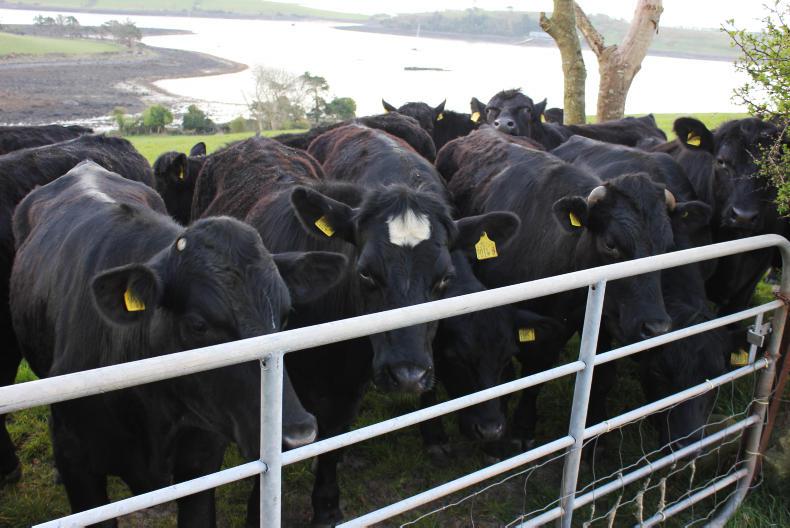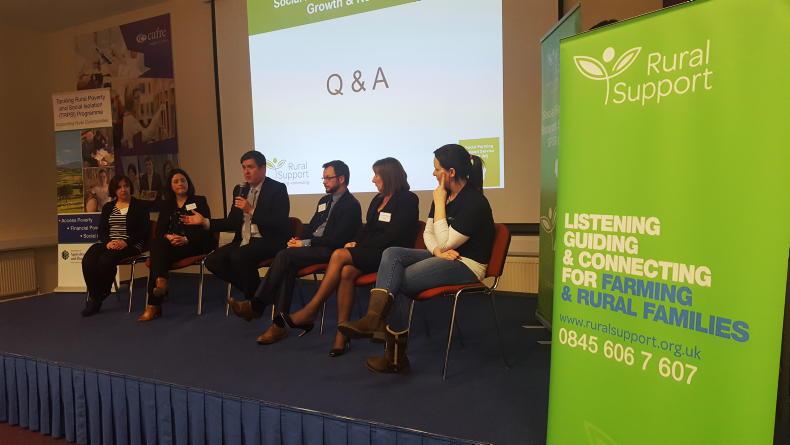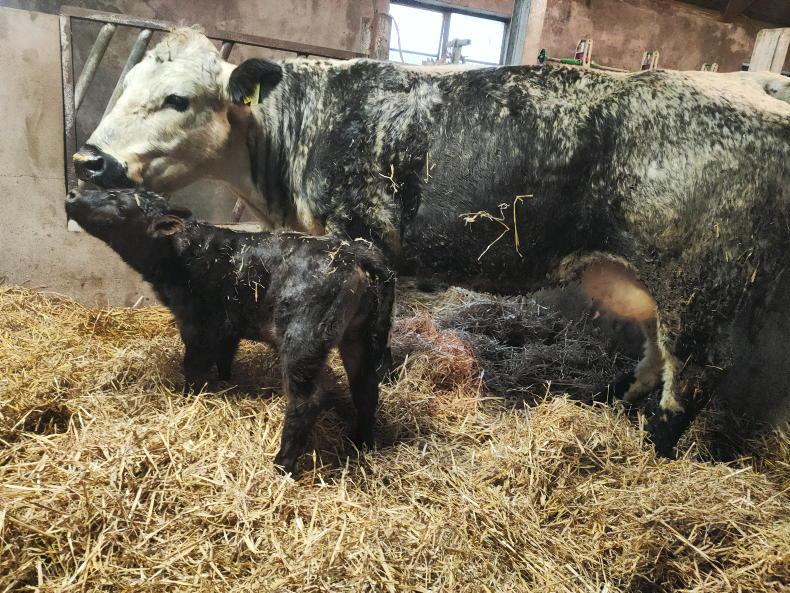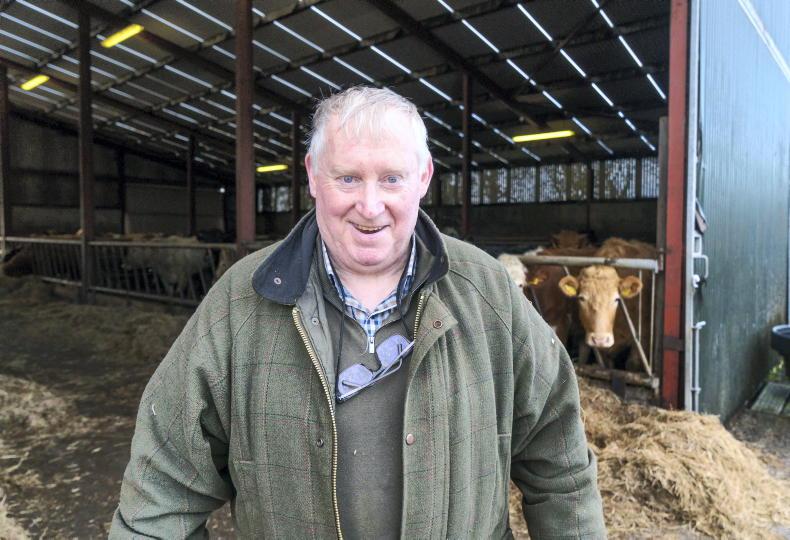Our report in last weeks’ edition which outlined draft proposals from DAERA to include a headage payment of around £140 to £160 per head to sucklers in less favoured areas (LFA) was met with a fairly mixed response from farmers.
In one regard, it should not have come as much of a surprise given that Minister for Agriculture Edwin Poots has said on a number of occasions that he favours the reintroduction of coupled payments as a means of targeting support at both active farmers, and vulnerable sectors. He has also previously pointed out that lowland farmers have more options than counterparts in the LFA, and could switch to finishing dairy-bred beef (now more plentiful with the advent of sexed semen), dairy or cereals.
When the detail of the DAERA proposals on future policy options for agricultural support are finally released for public consultation, it has the potential to create a divisive debate. But in the meantime, two main points are relevant.
Rearing dairy beef is a tight-margin game, and growing cereals as we move further west is not for the faint-hearted in a wet year
The first is that for a lot of suckler farmers in the LFA there might not be any great appetite for a return to headage-based payments, particularly when area-based payments are cut to provide the funding pot. In addition, many farmers have long memories, and no great desire to return to the rules and regulations that came with the likes of the suckler cow premium scheme pre-2005.
The second point is that for lowland farmers, the alternatives to sucklers might not actually be that attractive.
Rearing dairy beef is a tight-margin game, and growing cereals as we move further west is not for the faint-hearted in a wet year. That leaves dairy, which requires significant upfront investment.
That said, milking cows is still the most attractive enterprise of them all, but most NI processors are at or near capacity, so their priority is now to look after existing suppliers who might want to expand, not attract new entrants.
Read more
Lowland farms have more options – Poots
Details of new farm payments emerge
Our report in last weeks’ edition which outlined draft proposals from DAERA to include a headage payment of around £140 to £160 per head to sucklers in less favoured areas (LFA) was met with a fairly mixed response from farmers.
In one regard, it should not have come as much of a surprise given that Minister for Agriculture Edwin Poots has said on a number of occasions that he favours the reintroduction of coupled payments as a means of targeting support at both active farmers, and vulnerable sectors. He has also previously pointed out that lowland farmers have more options than counterparts in the LFA, and could switch to finishing dairy-bred beef (now more plentiful with the advent of sexed semen), dairy or cereals.
When the detail of the DAERA proposals on future policy options for agricultural support are finally released for public consultation, it has the potential to create a divisive debate. But in the meantime, two main points are relevant.
Rearing dairy beef is a tight-margin game, and growing cereals as we move further west is not for the faint-hearted in a wet year
The first is that for a lot of suckler farmers in the LFA there might not be any great appetite for a return to headage-based payments, particularly when area-based payments are cut to provide the funding pot. In addition, many farmers have long memories, and no great desire to return to the rules and regulations that came with the likes of the suckler cow premium scheme pre-2005.
The second point is that for lowland farmers, the alternatives to sucklers might not actually be that attractive.
Rearing dairy beef is a tight-margin game, and growing cereals as we move further west is not for the faint-hearted in a wet year. That leaves dairy, which requires significant upfront investment.
That said, milking cows is still the most attractive enterprise of them all, but most NI processors are at or near capacity, so their priority is now to look after existing suppliers who might want to expand, not attract new entrants.
Read more
Lowland farms have more options – Poots
Details of new farm payments emerge










SHARING OPTIONS